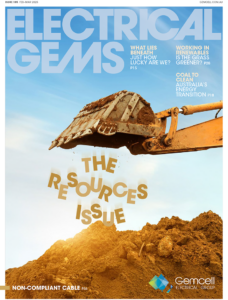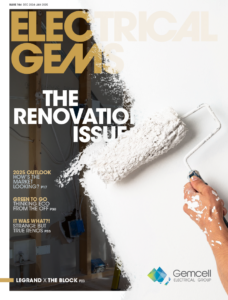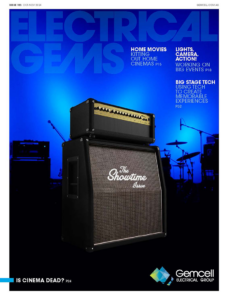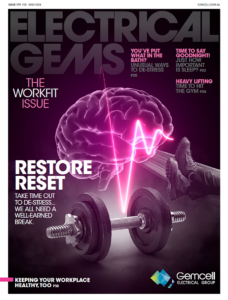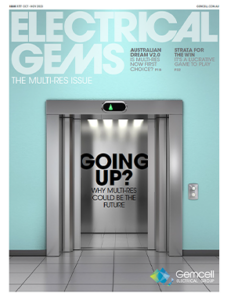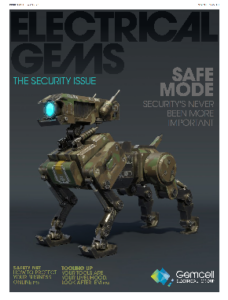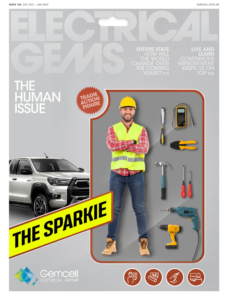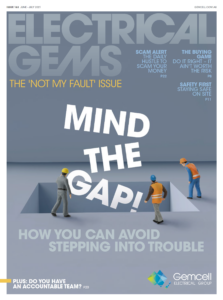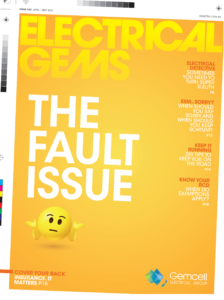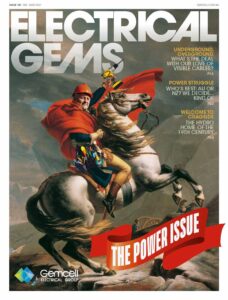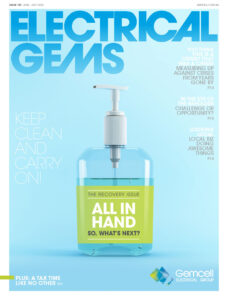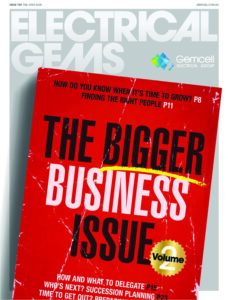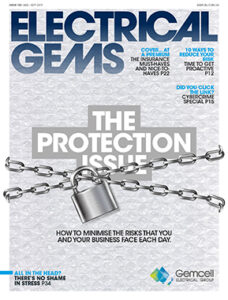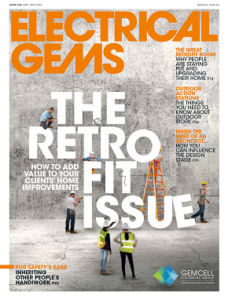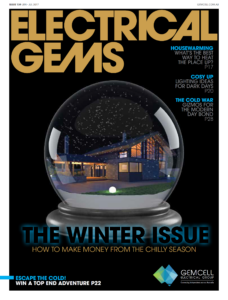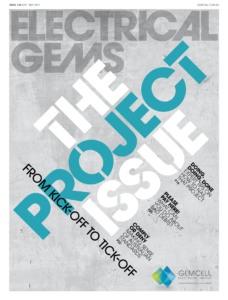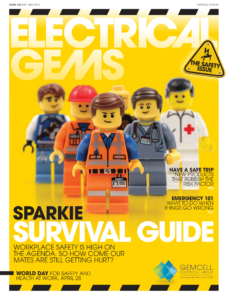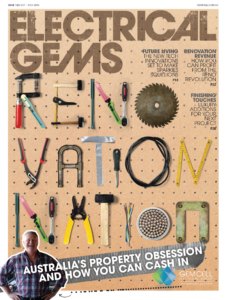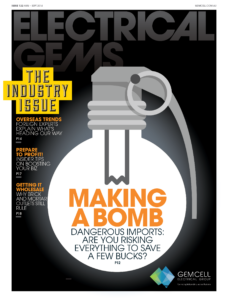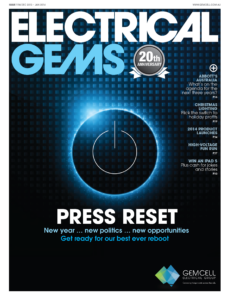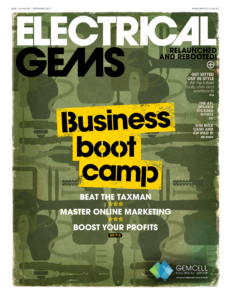Beyond the resume: how to interview and assess electricians effectively
Finding a good electrician can be difficult. But finding one that gels well with your team? That can be even more challenging. While resumes often highlight qualifications and tick boxes, they don’t show you how someone thinks, solves problems, or works in a team. If you’re looking to add a new member to your crew, it’s important you go beyond the resume and standard interview questions. This article explores how investing time in smarter interviewing and assessment methods can help you find someone who fits your team, communicates well, and gets the job done right – the first time.
Why the resume isn’t enough
While a resume might give you a rundown of a person’s career to date, it doesn’t tell you much about them as a person, how they work and what their strengths are.
Soft skills like communication, the ability to take initiative, and having a positive attitude can matter just as much as technical knowledge, and in a tight-knit team, finding the right crew member is key. At the end of the day, technical skills can be taught, but finding someone who shares your values, pulls their weight, and won’t throw off your team’s dynamic is just as important when it comes to keeping your business running smoothly.
Crafting effective interview questions: probing beyond technical skills
Now that you’ve sorted through the resumes, it’s time to dig deeper and get a feel for who each candidate really is. Good interview questions go beyond “What’s your experience” and try to discover how the person thinks, reacts, handles pressure and what their attitude is on the job. For example, you could ask behavioural questions like, “Tell me about a time you fixed a tricky wiring issue under pressure.” Or “Describe how you handled a difficult customer or an on-site mistake.”
Next, mix in some situational questions like, “What would you do if you came across a non-compliant install?” And “How would you handle a disagreement with a team member?”
Asking questions like this can help reveal problem-solving skills, emotional intelligence, and how the person communicates when things don’t go to plan.
Additionally, with occupational health and safety (OHS) such an important issue, it’s also worth asking how they handle risk. The right fit should be able to clearly explain how they keep themselves and others safe on-site and give practical examples of how they put safety into action every day.
Red flags and green lights: what to look for
When interviewing someone, pay attention not just to what people say, but how they say it.
Red flags include:
- Vague answers
- Inconsistencies in stories
- A negative attitude towards previous employers
- A lack of initiative
If a person is not engaged during the interview, chances are, they won’t be on the job either.
Green lights include:
- Genuine enthusiasm
- Clear communication
- Asking insightful questions
- Demonstrating a willingness to learn
- Taking ownership of mistakes and showing how they’ve learned from them.
Culture fit: finding the right mate for your team
In a small team, hiring the wrong person can throw off dynamics, create tension and drag down morale, affecting work quality and team performance. Comparatively, having a good teammate can create a positive, productive and enjoyable environment for everyone, increasing work quality and team performance.
To find out if someone is a good mate for your crew, look beyond their resume and ask questions about their values. Do they value reliability and teamwork? How do they interact with customers? Involving your existing team members in a casual chat over a cuppa can also be a great way to gauge fit and determine if someone will make a good addition to your team.
Making the final decision: bringing it all together
When it comes to making a decision, take your time and look at the whole picture. Hiring a new team member is an investment, so it pays to be thorough. And while it’s true that a holistic approach requires a bit more effort up front, making your decision carefully can save you time, money, and energy in the long run.
Once you’ve done your homework, asked the right questions, involved your team and assessed for red flags, the next best thing you can do is trust your gut feeling. Your instincts combined with solid evidence will guide you to the best choice for your business.
Want more practical tips and business insights?
Subscribe to our newsletter and get expert advice delivered straight to your inbox.











